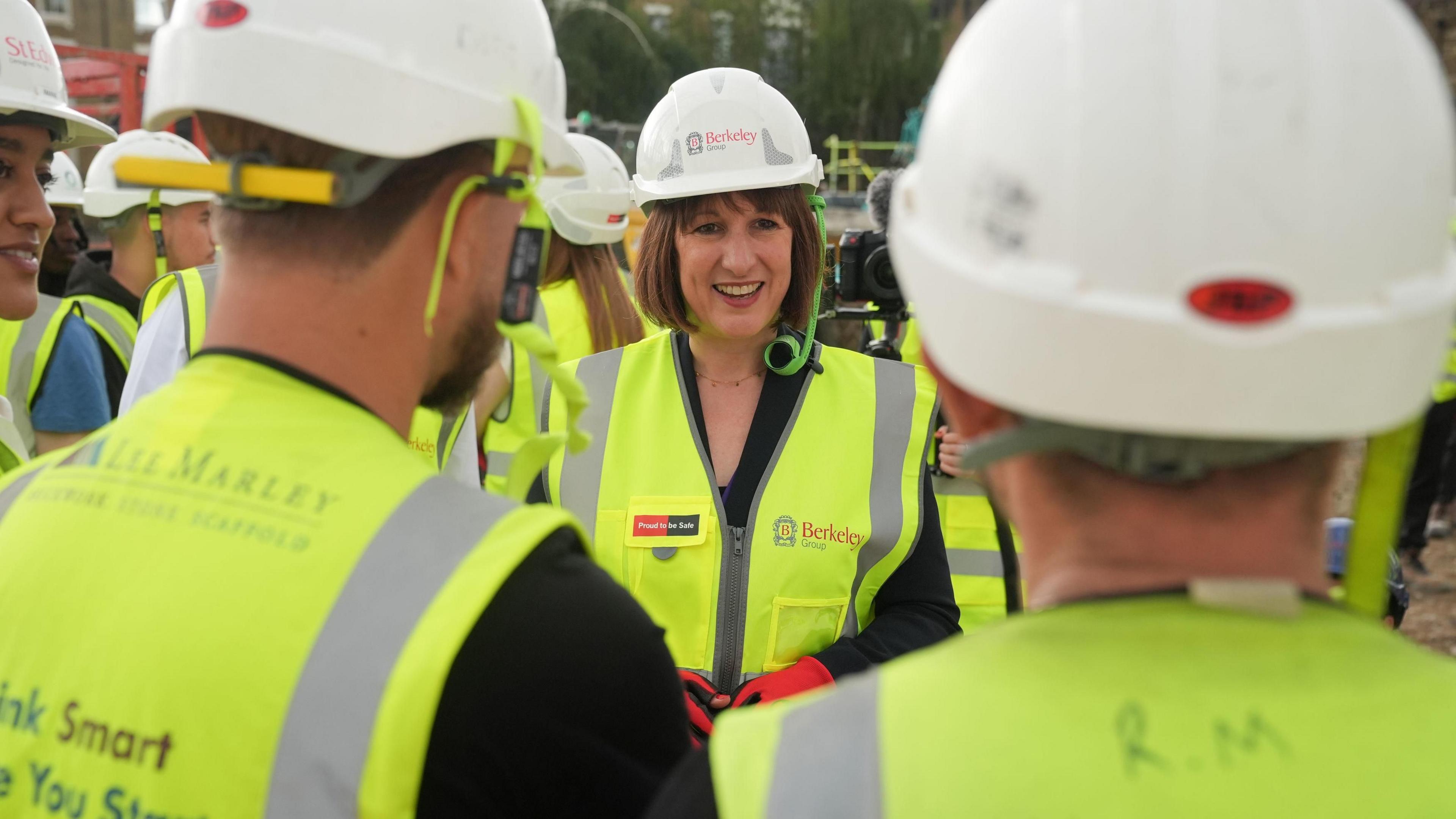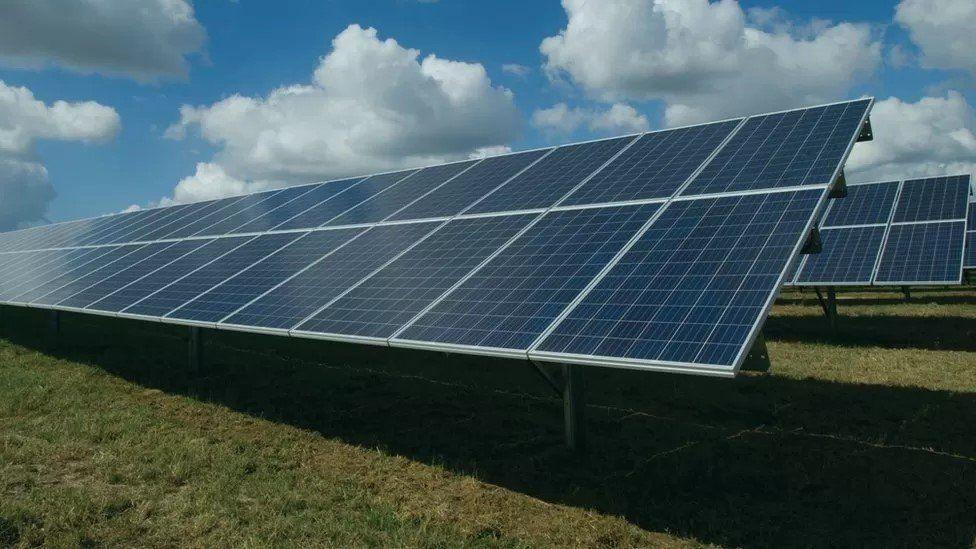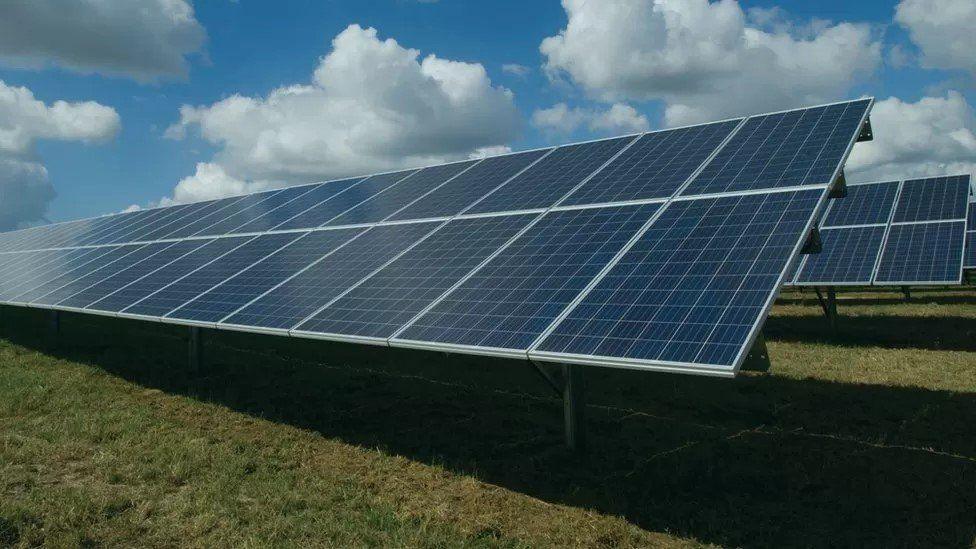Government's approval of energy farm reveals agenda

Chancellor Rachel Reeves says developments such as energy projects are a key part of her policy
- Published
The new government is only a week old but it has already started ruffling feathers.
At the beginning of the week, Chancellor Rachel Reeves said economic growth was her priority and that pushing through developments, particularly energy projects, would be a key part of her policy.
“I know that there will be opposition to this,” said Ms Reeves, “but we will not succumb to a status quo which responds to the existence of trade-offs by always saying no, and relegates the national interest below other priorities.”
That is why Sunnica's £600m energy farm, on the Cambridgeshire-Suffolk border, has become the first major energy project to be approved.
The plans to build a 2,500-acre solar farm deep in the East Anglian countryside are controversial. Even though a lot of the farm will be hidden from public view, its existence will change the look of the area and have an impact on local residents.
The economic argument for building it, however, is strong. This is probably why the last government kept delaying making a decision on the project.
Now the new energy secretary, Ed Miliband, has declared that “the public benefits outweigh the harm identified”.
The government has sent a signal. The East of England is at the forefront of the green energy revolution and with plans in the pipeline for more solar farms, pylons and Sizewell C nuclear power station, this is unlikely to be the last time that the government ruffles feathers in the region.
Follow Cambridgeshire news on Facebook, external, Instagram, external and X, external. Got a story? Email eastofenglandnews@bbc.co.uk, external or WhatsApp us on 0800 169 1830
- Published12 July 2024

- Published30 May 2024

- Published9 April 2024
